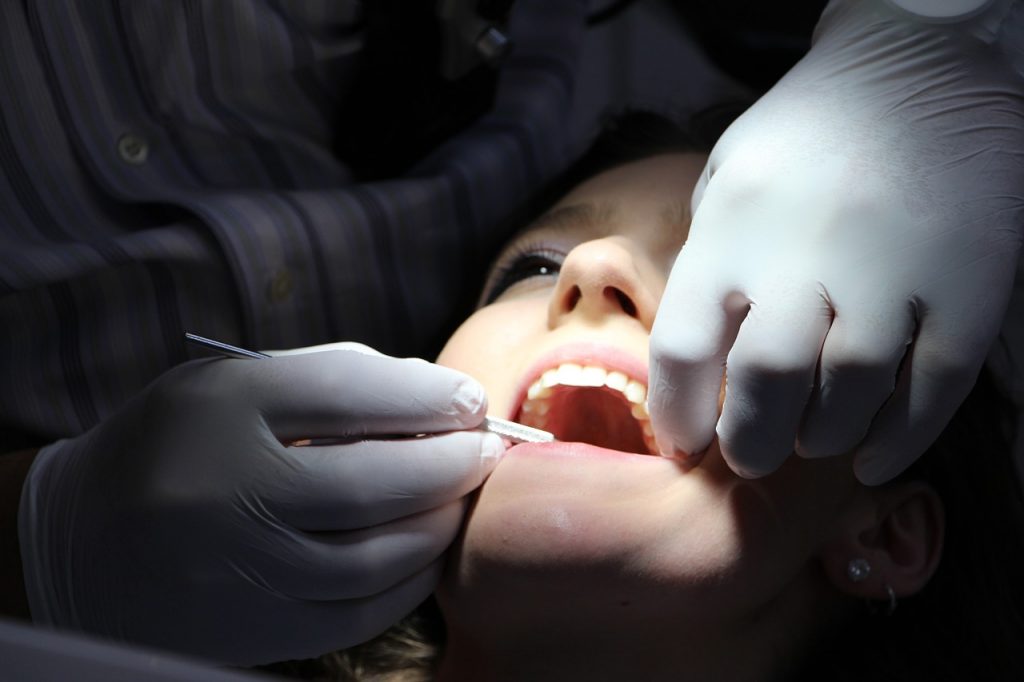Medical-grade silicone is widely used in the medical industry, and it’s often the material of choice used for seals and fasteners. Syringes, catheters, tubing and medical implants some of the major applications of medical-grade silicone in the health industry. The quality and testing of this material, therefore, is of the utmost importance. In this post, we’ll look at the advantages of choosing silicone as a material in medical manufacturing.
Medical Applications That Require Medical-Grade Silicone
There are different grades of silicone, with silicone used for bodily implants being the purest of them all. What makes silicone medical grade is that it’s non-porous so that it can easily be sanitized over and over again. Porous materials, on the other hand, such as plastics, wood and lower-grade silicone that is porous, cannot be sanitized. Medical-grade silicone and stainless steel are two materials that are non-porous, which makes them easy to clean with a simple wipedown of disinfectant.
Benefits of Using Medical-Grade Silicone
There are many advantages that come with using medical-grade silicone. Here are some of the ways it benefits common applications in the medical industry:
1. Biocompatibility
Medical-grade silicone is not only sanitary but also biocompatible, which means it’s safe for bodily fluids to make contact with it. That’s why when medical-grade silicone is implanted into the human body, the body doesn’t interact with it, and largely acts as if it isn’t there. This compatibility with bodily fluids and systems not only makes it safe for patients, but also ideal for virtually any medical application involving invasive procedures or implants.
2. Resistance to Extreme Temperatures and Pressure
Medical-grade silicone is firm, durable and able to withstand high and low temperatures, high levels of pressure and even reactive chemicals, without it altering its chemical structure. Silicone is a great material to use for containing reactive chemicals because, unlike plastic, it doesn’t react with it and affect the solution. In designing a medical product that requires heating up, silicone is a good material choice, because its chemical structure is not altered by heat. The resilience and durability of medical-grade silicone seals is what makes them so reliable for medical applications, in which precision and non-reactivity are important.
3. Versatility in Manufacturing
Despite how firm silicone is when used in applications like seals, it’s able to be processed and molded into very precise forms. Medical-grade silicone can be formed into any custom product using injection molding, transfer molding and compression molding. Unleash your creativity and have your team come up with a design for a medical product that improves the way things are currently done with the help of leak-proof sealing and durable equipment that’s easy to clean.
Benefits of Medical-Grade Silicone
The popularity of medical-grade silicone use is growing in the medical industry, and for good reason. Not only is it safe and biocompatible, but also it doesn’t harm the environment, doesn’t hurt your health and it’s very easy to mold into any specific custom form. Silicone is resistant to chemical degradation, high temperatures and reactive chemicals, making it ideal for sealing virtually any medicinal substance without the risk of leaching contaminants into it. It’s also non-porous and sanitary, making it safe to use for implants and for devices that directly contact the skin, such as respiratory masks.



